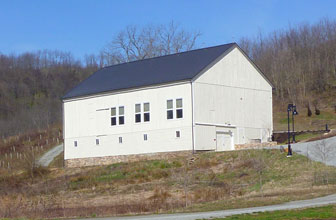Category: Citizen Science
Rock Run Water Tests 10-1-22

Air Temperature – 49°F
Water Temperature – 51.5°F
pH – 7.6
Alkalinity – 11.0
Some rain would be nice. Flow only slightly better than September. Trout are getting ready to spawn and will need to move.
Rock Run Water Tests For September
Water tests for September were done on Sautrday the 2nd.
Air Temperature: 66° F
Water Temperature: 65° F
pH: 7.4
Alkalinity: 12.3
Linn Run Gauge: 1.34
Linn Run Discharge: 1.2
Lowest flow of the year.
Stream may look dried up in photo below, but there is flowing water and trout can find refuge in pools.
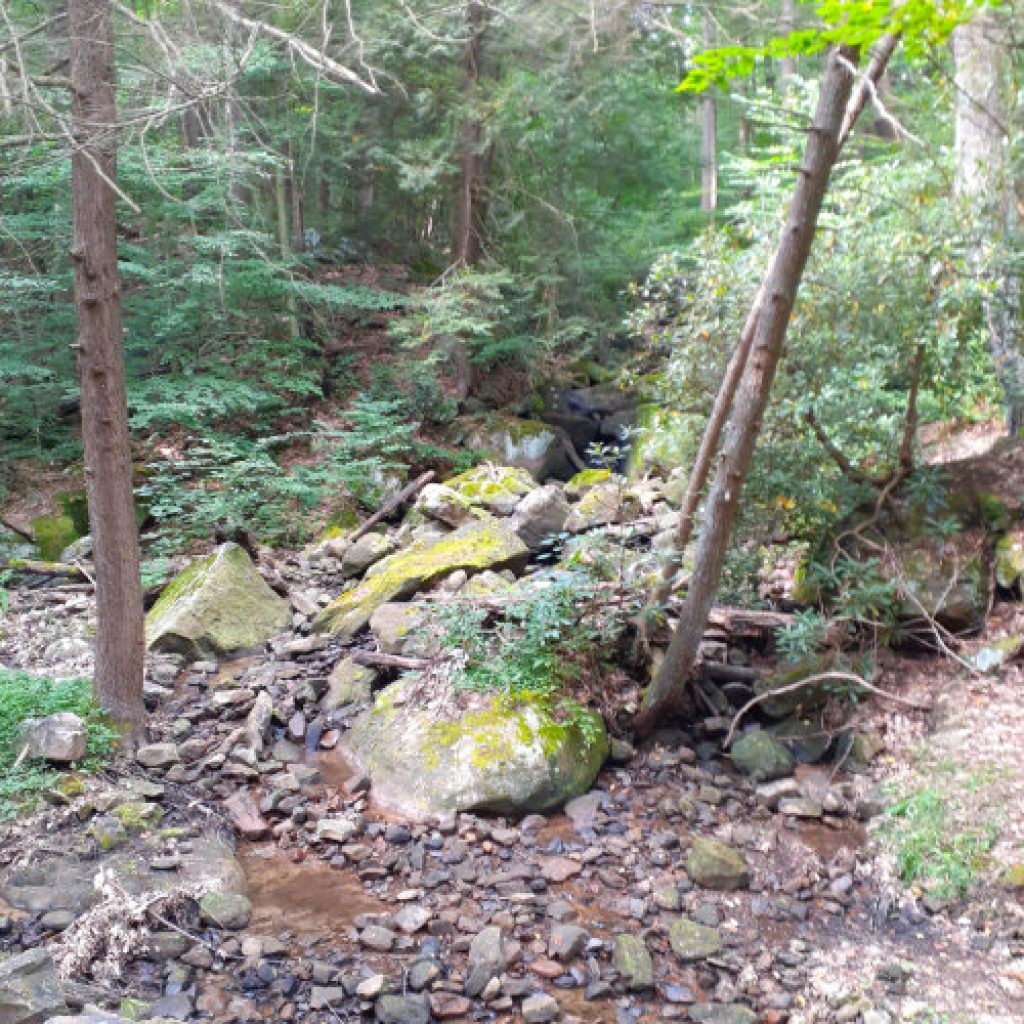
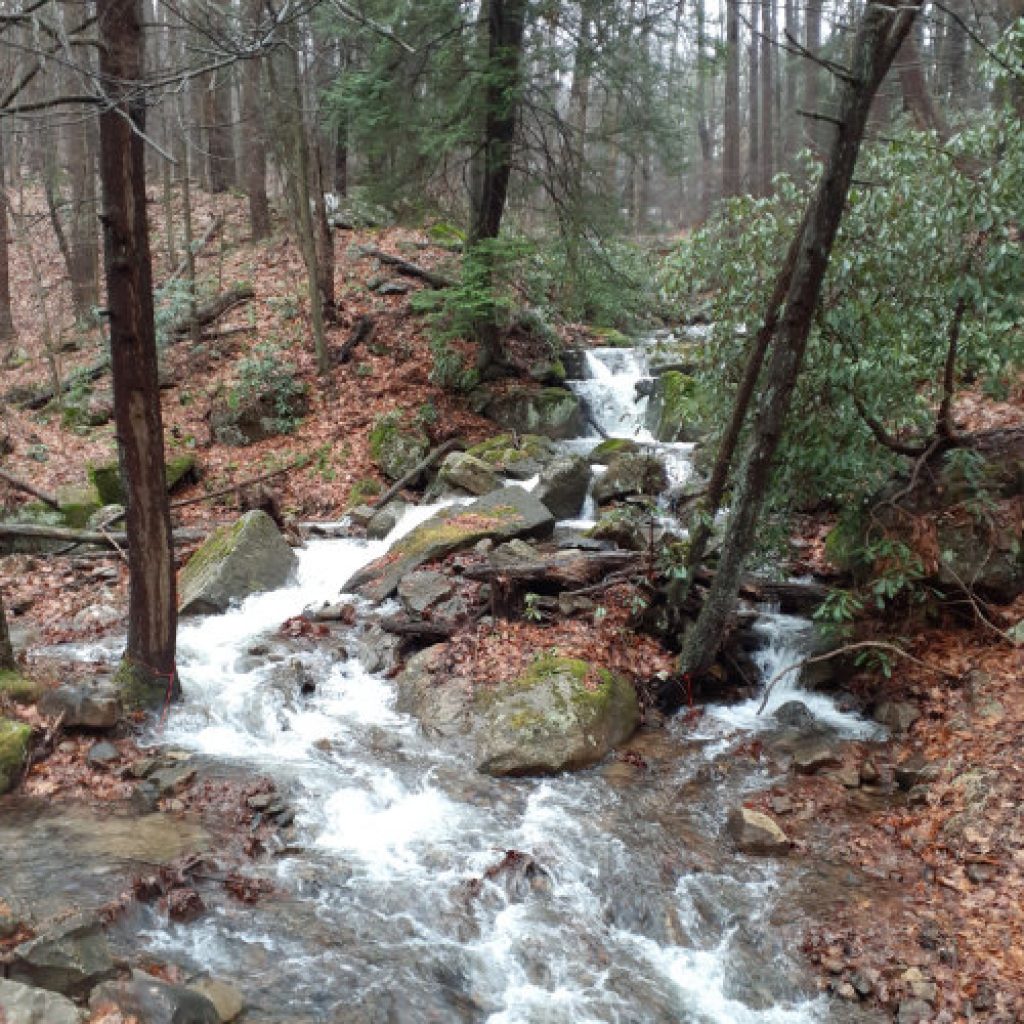
Rock Run Water Tests August 2022
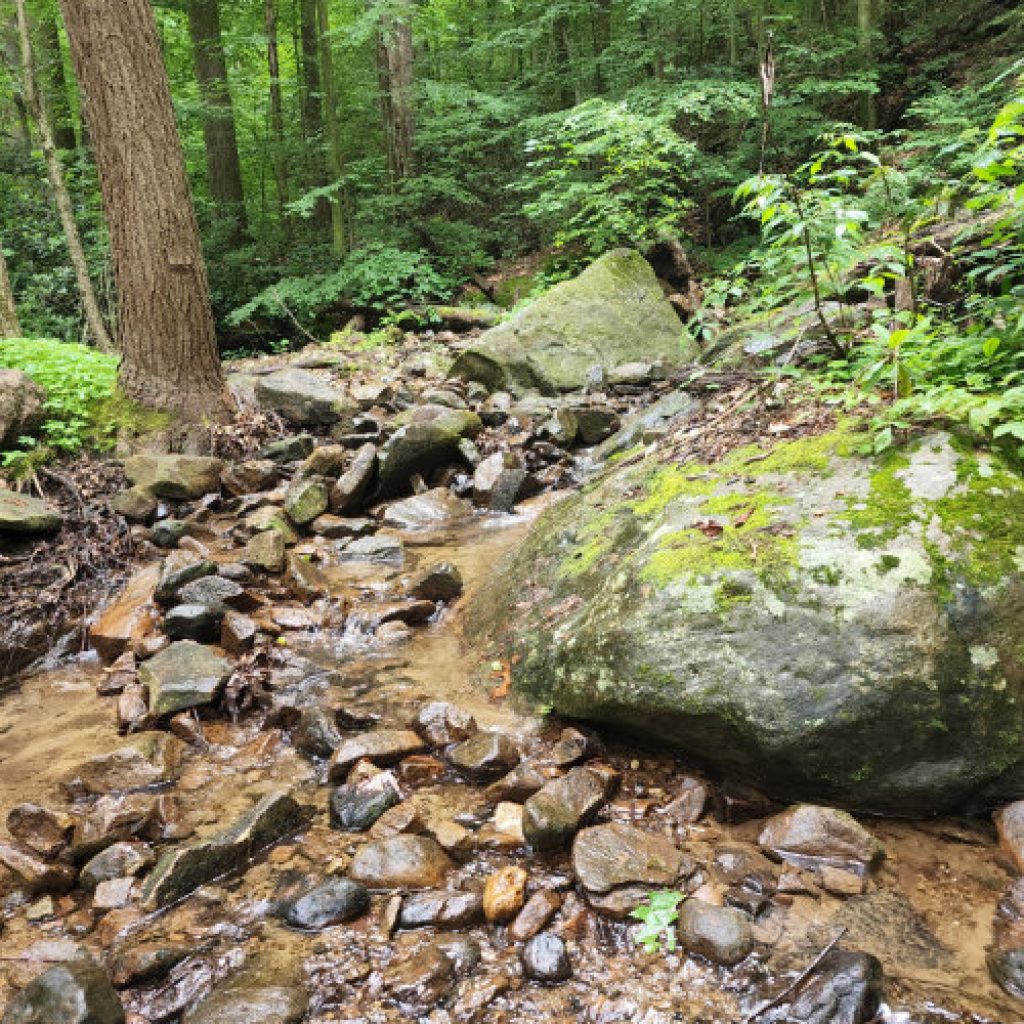
It’s the dog days and low flows of summer in the Laurel Highlands.
Here’s the results of our monthly water tests:
Air Temp – 69°F
Water Temp – 65.5°F
Linn Run Discharge – 1.90 ft³/sec
Linn Run Gauge – 1.42 ft
pH – 7.4
Alkalinity – 9.1
Lowest flow and highest water temperature of 2022 so far. Still hospitable to trout.
Flow goes down alkalinity goes up.
Rock Run Water Quality Tests for July
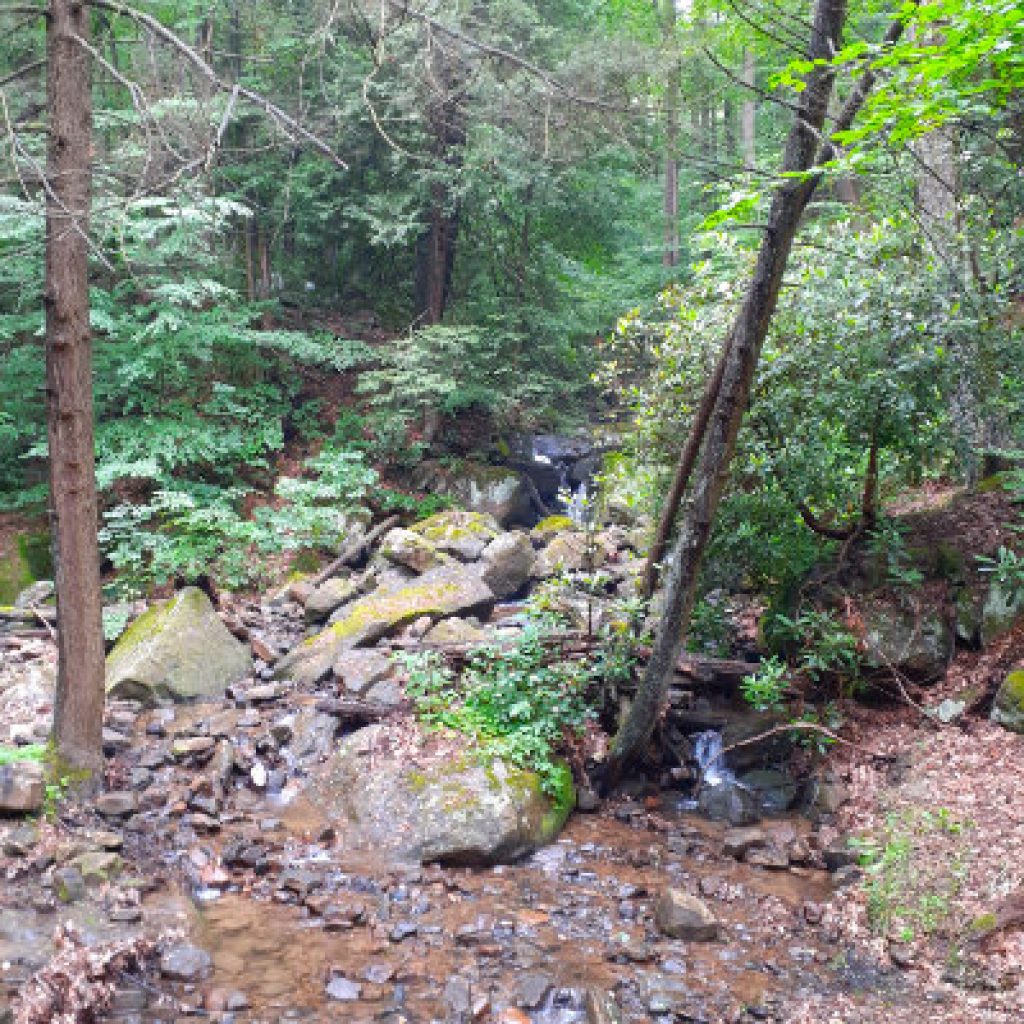
Here’s the results of the monthly water quality testing at the mouth of Rock Run for July 2022.
- Air Temperature: 68° F
- Water Temperature: 62.5° F
- pH: 7.4
- Alkalinity: 7.7
- Linn Run Gauge Height: 1.73 ft.
- Linn Run Discharge: 7.0 ft³/sec
For all the stats for 2022, see the Rock Run Page.
Rock Run Water Tests for June
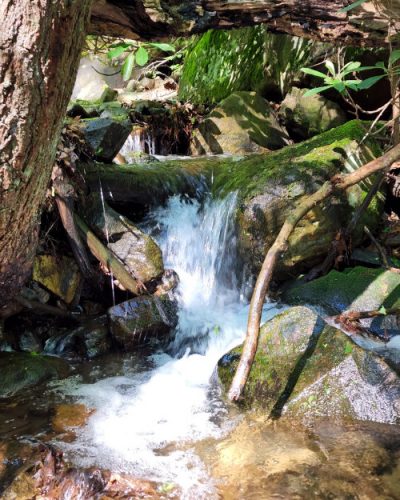
Here’s the results of the monthly water tests for June
Air Temperature: 58° F
Water Temperature: 57° F
Linn Run Discharge: 12.3 ft³/sec
Linn Run Gauge: 1.86 ft.
Alkalinity: 5.5
pH: 7.6
Rock Run Water Test Results For May
How’s that saying go? “Neither rain nor snow…”. The FTTU citizen scientists braved the rain, cold and wind to make their appointed rounds on Sunday May 1st. Monthly test results for the mouth of Rock Run were as follows:
• Air Temperature – 50° F
• Water Temperature – 48° F
• Linn Run Discharge – 13.9 ft.³/sec.
• Linn Run Gauge – 1.9 ft.
• pH – 7.7
• Alkalinity – 4.2
We also checked the contents of two leaf packs that were placed in Rock Run at the mouth in December. One of the packs had been washed away, but we counted 132 macroinvertebrates in the other. The majority of the sample was stoneflies and of those, the leaf eating roachlike stonefly was the most numerous. Also collected were net spinning caddis larva, a few mayflies, a crayfish, some sowbugs and a couple of cranefly larva.
The good news is that the stoneflies and mayflies are considered most sensitive to pollution so the fact that at least stoneflies are thriving in the stream is an indicator of good water quality.
Leaf Packs are leaves collected along the stream and placed into a net bag similar to what you might find potatoes or onions sold in at the grocery store. The pack is anchored to the stream bed and allowed to “soak” for a couple of months. The pack is then collected and sorted through to find what organisms have taken up residence there.
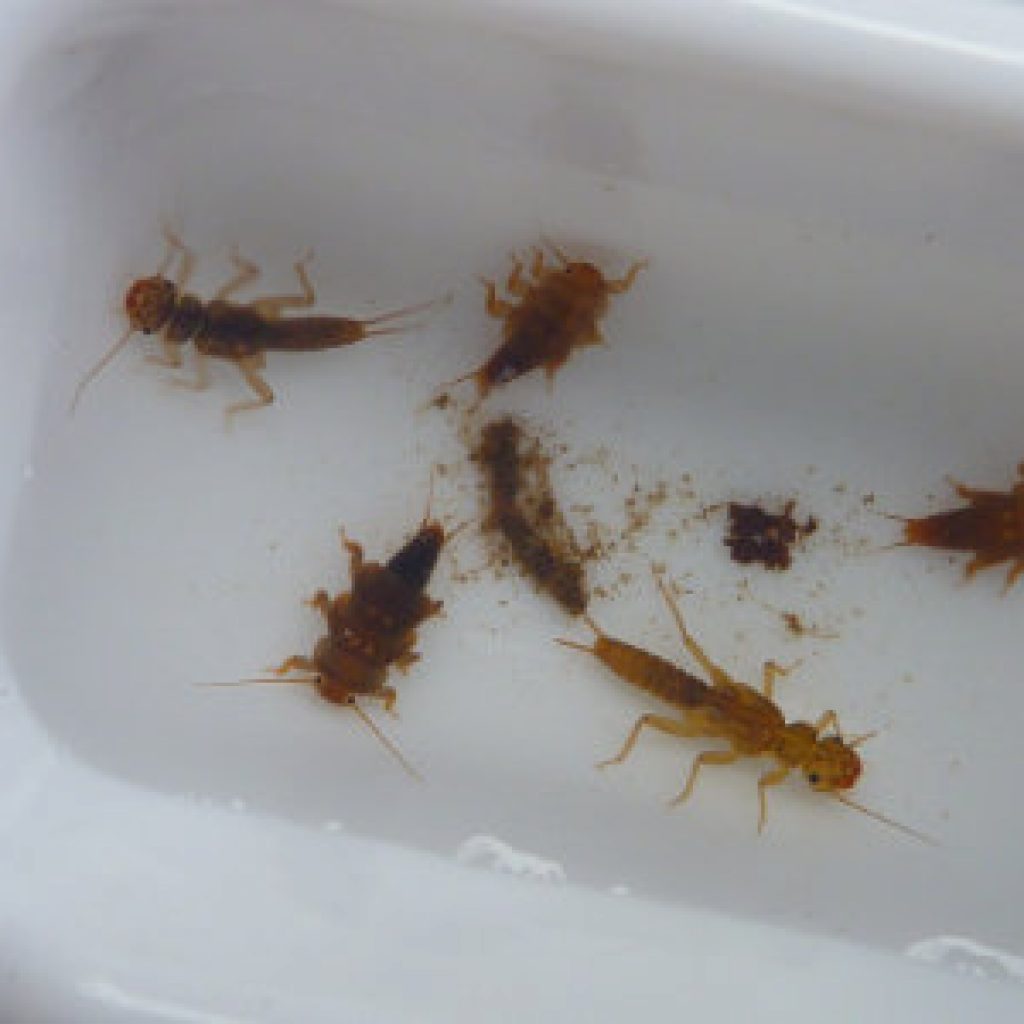
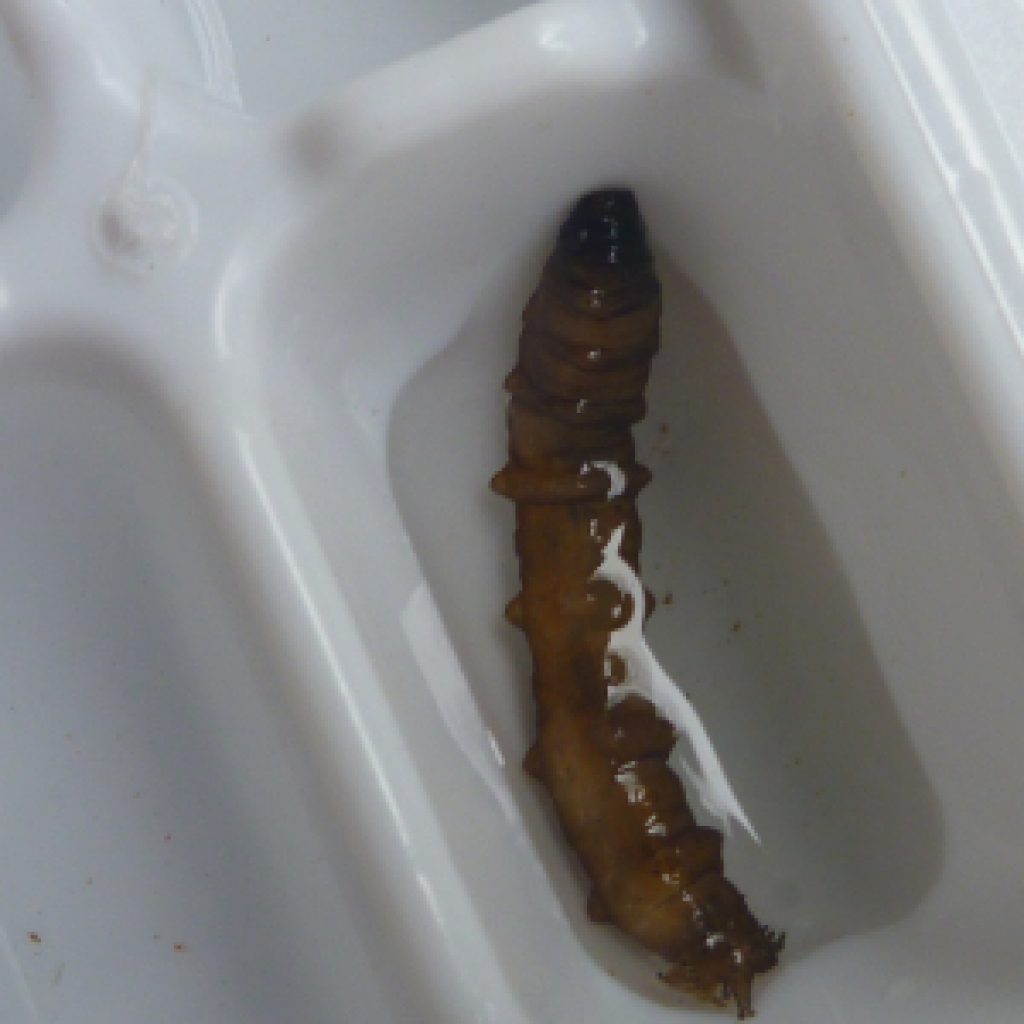
Rock Run Water Tests for April
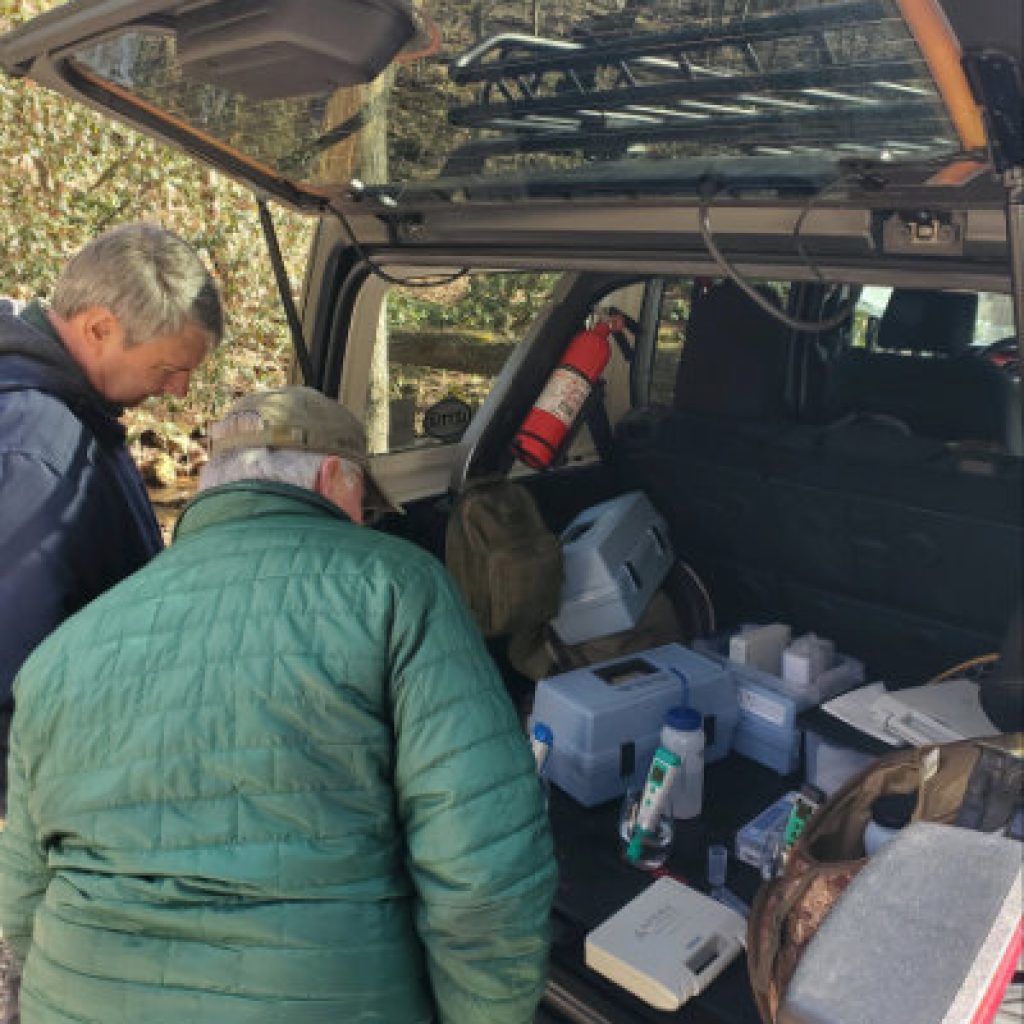
The testers braved opening day crowds to do water sampling on Rock Run. It was a beautiful but chilly spring day with air temps at 32°. Rock Run water temp was running at 39°.
pH came out at 7.65 and alkalinity readings were 5.0.
Linn Run gauge height was at 2.03 ft., and Rock Run was running medium/medium high and clear.
Rock Run Water Tests March 2022
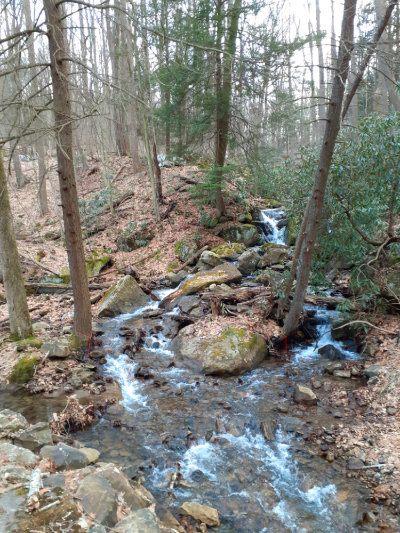
Air Temperature: 54° Farenheit
Water Temperature: 41° Farenheit
pH: 7.9
Alkalinity: 3.4
Linn Run Discharge: 24.3 ft³/sec
Linn Run Gauge: 2.08 ft.
Rock Run Water Tests For February 2022
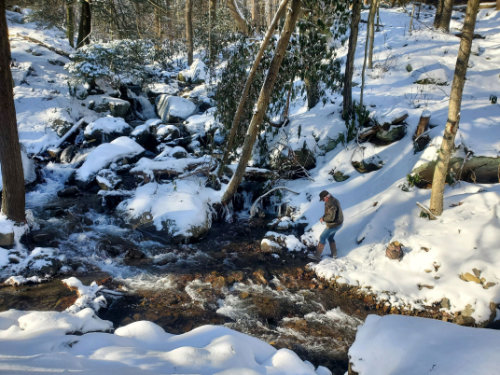
Neither rain nor snow nor frigid winter temperatures will keep the FTTU citizen scientists from their appointed rounds! A beautiful winter morning greeted the testers at Linn Run State Park on February 6th. Water levels were up with recent rain and snow melt and the air temperature was a chilly 17°.
Air Temperature – 17° Fahrenheit
Water Temperature – 34° Fahrenheit
Linn Run Gauge – 2.24 ft.
Linn Run Flow – 33.3 ft³/sec
pH – 7.7
Alkalinity – 2.8
The idea here is to record monthly pH and alkalinity readings at the mouth of Rock Run to track the progress of the chapter’s acid mitigation project on this important Linn Run tributary. The limestone sand deposits are placed in the headwaters to treat the stream for acidity. If readings at the mouth are good, then it can be presumed that alkalinity and pH in the entire stream must be healthy. A goal would be to have alkalinity readings of 10 at the mouth. We haven’t reached that goal consistently yet. Higher flows typically bring alkalinity numbers down as we see in his month’s readings, but overall, alkalinity of the stream has improved since the project began.
Rock Run Water Tests January 2022
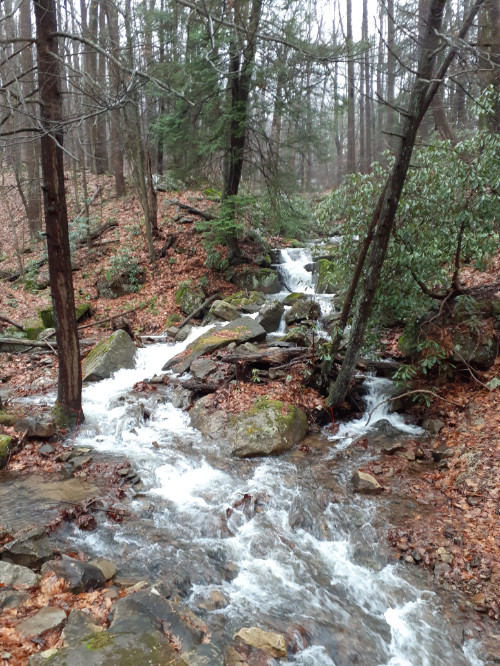
Several days of rain brought the highest flows since January of 2021.
Air Temperature: 44° F
Water Temperature: 47° F
Linn Run Discharge: 48.9 Ft³/sec
Linn Run Gauge: 2.52 ft.
pH: 7.4
Alkalinity: 3.3


